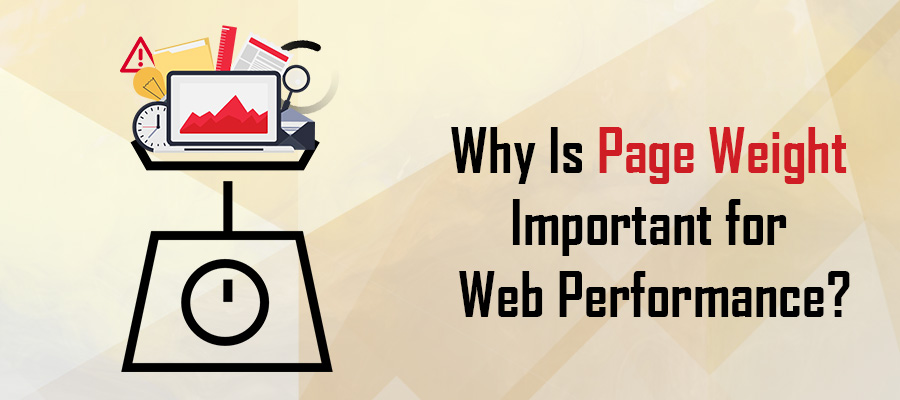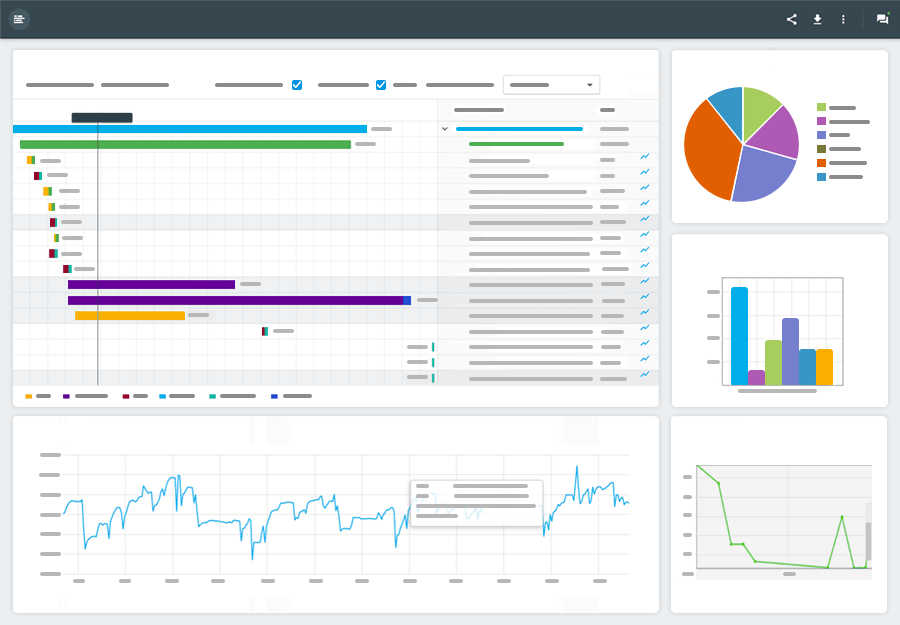 When you think about the performance of your website, you likely concern yourself with on-page elements, such as image optimization. While this is definitely one of the most essential components that determine overall performance and speed, perhaps the greatest influencing factor is among the least discussed.
When you think about the performance of your website, you likely concern yourself with on-page elements, such as image optimization. While this is definitely one of the most essential components that determine overall performance and speed, perhaps the greatest influencing factor is among the least discussed.
Page weight, which describes the actual volume of a page, directly influences the overall performance of your website. Although it’s easy to imagine the heavier a website may be, the slower its performance, few website owners actually understand the impact page weight has on almost every aspect of an online platform.
If you’re looking to win the battle against sluggish web performance, then it’s time to roll up your sleeves and hit the digital treadmill to shed unwanted weight from each page.
The Lighter Side of Web Performance – Impact of Page Weight
This should come as no surprise, but load time impacts far more than search engine placement. A slow loading website is an undesirable trait for almost every internet user. Therefore, the slower your site, the fewer visitors you’ll have.
As a general rule, the heavier a website may be, the slower its performance. When you’re dealing with a heavyweight site, no CDN, caching or other optimization techniques will truly work. The only way to boost site performance is to shed unwanted weight.
The impact of page weight is felt throughout all users, but its negative influence is especially pronounced for mobile users. While mobile sites are often streamlined versions of desktop pages, it’s still possible to have heavy mobile web pages. As countless webmasters have already experienced, such design flaws result in a seriously high bounce rate.
Ultimately, fractured web performance due to heavy page weight guarantees low-to-no user engagement. This is true for both mobile and desktop visitors. If your site generates income via advertisements, this negative impact can potentially result in seriously low, or nonexistent, income.
The Destruction of Trust – Page Weight and Visitor Loyalty
Although there are many ways a heavyweight page can be detrimental to visitors, the most notable boils down to cost. The reason your pages are heavy is due to excess data, or non-optimized data.
In the eyes of your visitors, excessive data size and quantity translates into dollars, literally. Internet access isn’t free. Even “unlimited” plans feature a cap on data usage, which typically causes speeds to be throttled once they exceed a set amount.
When your website features heavy pages, it consumes far more data than necessary. This is of utmost concern for mobile visitors, who often feature strict data limits. Because web performance means more than just speed, heavyweight pages destroy your perceived performance and value by literally costing visitors money for each visit.
Increasing your website performance means more than reducing page loading times and overall speed. True performance is one with your end-user in mind. Adhere to this truth, and you’ll soon cultivate a loyal, committed and passionate following.


